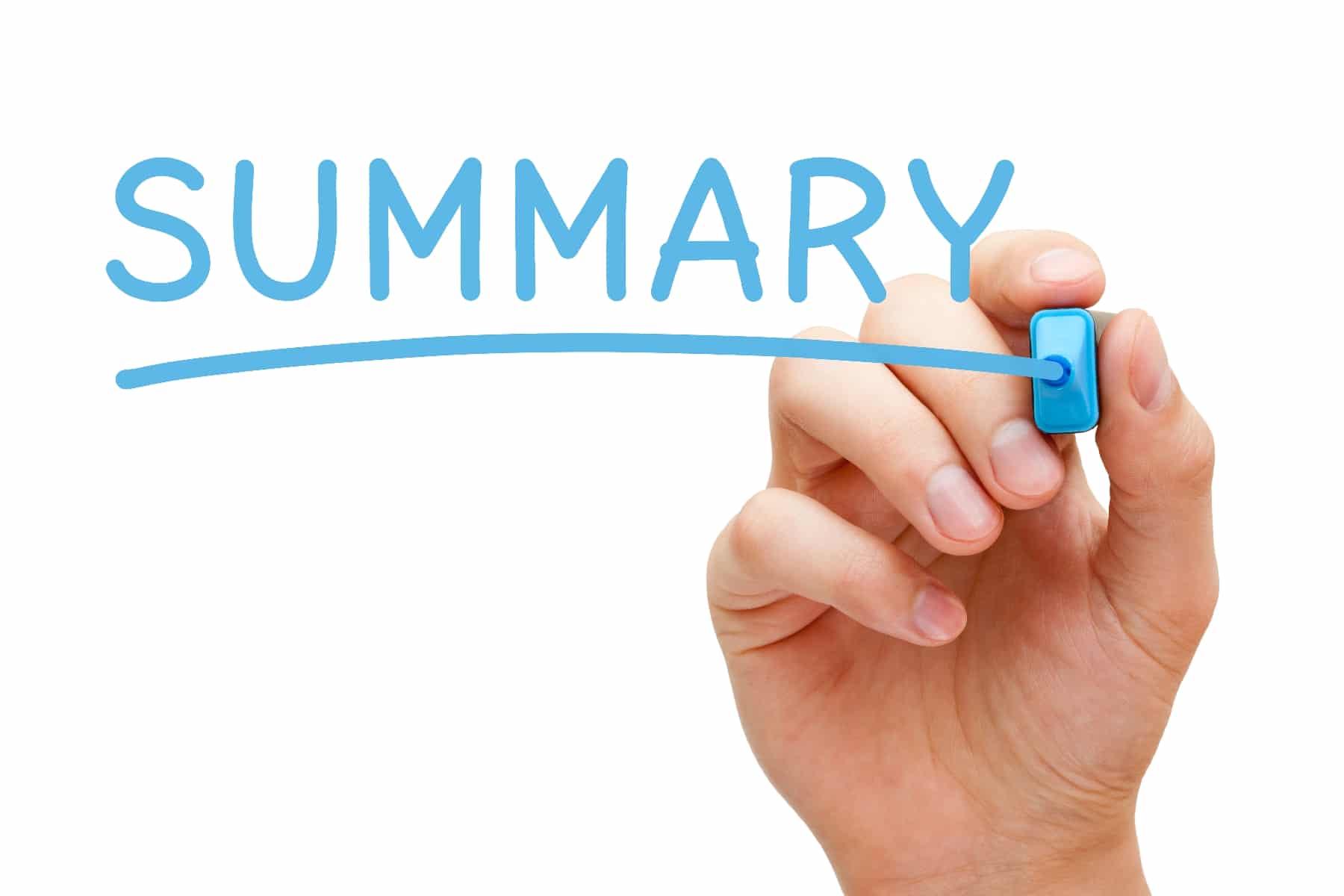 |
| Image Source |
When you log onto social media, turn on a TV, or flip through a magazine, what do you see? In my experience, I always see models with perfect bodies advertising anything and everything, articles about losing weight, and segments about thigh gap work outs or how to get a "Beyonce booty".
All these things may seem harmless, or more so the norm in today's society, but is it hurting people, specifically young girls body images? On Instagram there's thousands of posts under #bodygoals or #thinspiration. These are all people wishing they had some other body, and hating their own.
Seeing perfect models advertising everything from Versace to Carl's Junior's hamburgers can hurt girls self image. If they never see someone like them on TV or on a magazine, they can start to get self conscious. Seeing pictures of thigh gaps and articles about how to lose weight fast or get the "six pack you've always dreamed of". What if you've never dreamed of a six pack? Should you dream of a six pack? All these types of things can negatively effect the sense of confidence you have with your body. If society constantly is constantly putting out the same image of what's 'beautiful' and what's 'in' that can't help girls with their body issues.





